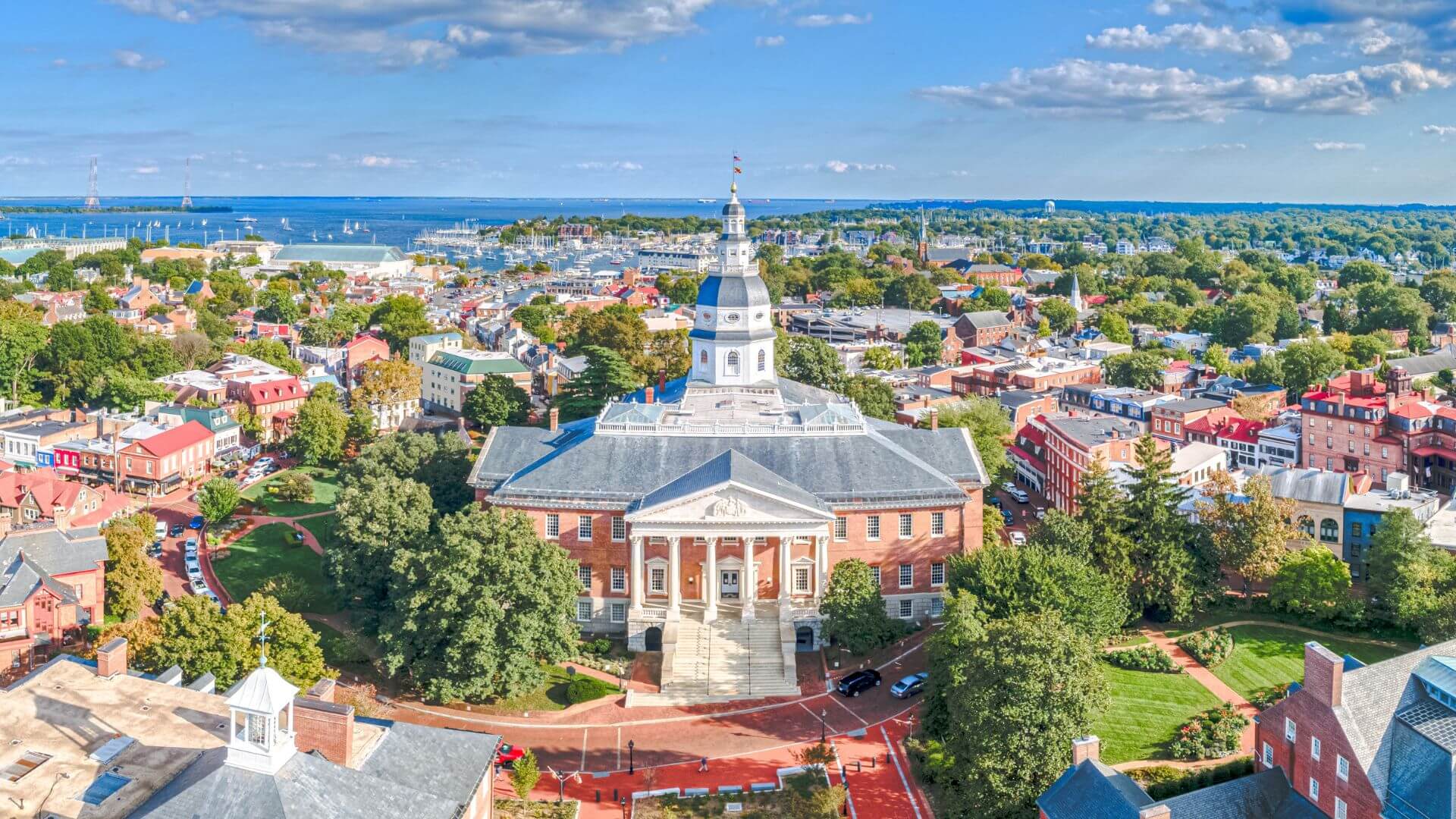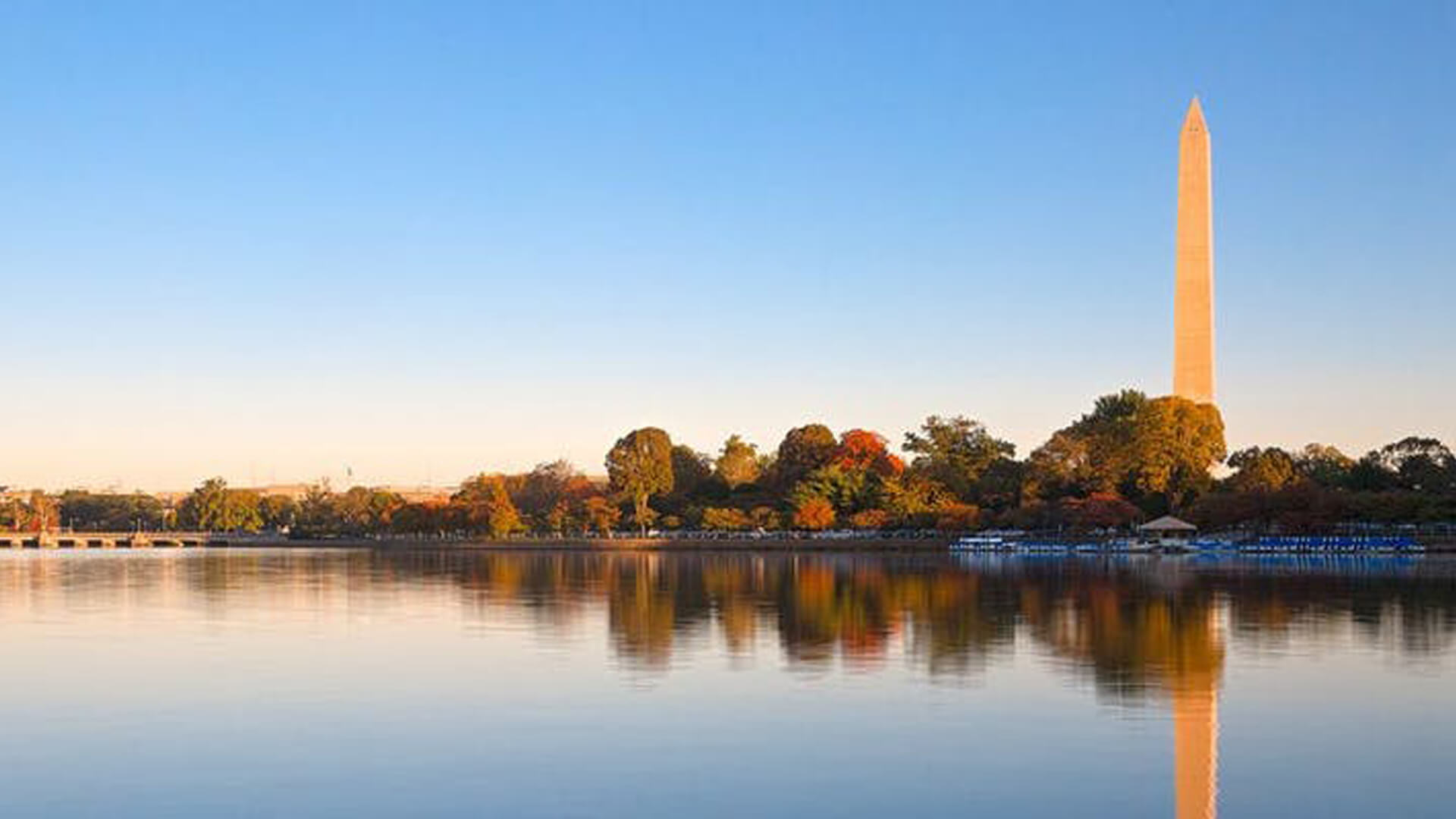
In a nation where democracy is often celebrated as a cornerstone of stability, the aftermath of the 2024 presidential election has left civil servants and policymakers facing unprecedented uncertainty. From potential changes in civil service protections to comprehensive proposals for governmental restructuring, the stakes are high. School of Public Policy Professors Betty Duke, John Ronquillo and Niambi Carter came together, led by Dean Robert C. Orr, to address these challenges in a discussion of what lies ahead for governance, public service and the U.S.’s standing on the global stage, offering analysis on the election’s implications.
Having served in federal transitions across administrations, Duke highlighted the apprehension among civil servants. “Transitions are always tense,” she stated, noting that career federal government employees are concerned about reforms like Schedule F and proposals for extensive agency changes. She referenced the recent announcement of Elon Musk’s role in a soon-to-be-formed Department of Government Efficiency, stating, “The appointment comes out of Musk's fixation on making the government run not just like any business, but like a Musk business.” Duke raised concerns for civil servants and operational stability.
Duke also shared firsthand accounts from career federal employees facing uncertainty. One senior executive service member recounted, “I probably could have put myself through the hassle of another transition if Harris had been elected. But I just cannot do another transition, let alone another four years of chaos.” Duke lamented the potential loss of institutional memory as many career professionals prepare to leave.
Ronquillo addressed the broader implications of Musk’s proposed department and the relocation of federal agencies. He argued that the idea of streamlining government by mimicking business practices is overly simplistic, because the federal government must answer to millions of stakeholders, not just shareholders. Ronquillo pointed to the inefficiencies when programs were relocated during the first Trump term, and stated of his upcoming second term, “We are bracing for a period of big questions of potential instability.” Ronquillo also highlighted the potential economic ripple effects, citing the planned relocation of the FBI headquarters to Greenbelt, Maryland as a mixed blessing for local economies.
Ronquillo warned of the broader societal impact, pointing to heightened anxiety among vulnerable populations. He shared that many people are now asking themselves which of Trump’s proposed policies pose a threat to who they are as individuals, noting a 700% spike in calls to crisis centers for LGBTQ+ individuals since the election.
Carter turned the discussion to immigration, which was a central issue in the recent presidential election. She expressed concern over proposed policies like revoking birthright citizenship and reducing Temporary Protected Status protections, which would target Black, Latino and Asian communities significantly. She also highlighted the potential rollback of refugee admissions and diversity visa programs, raising concerns for vulnerable populations both within the U.S. and abroad.
Shifting from policy specifics to the election’s broader cultural implications, Carter examined the ideological forces driving voter behavior. “If we treat whiteness not as a descriptor of a people, but as an ideology, I think it makes sense why people chose a Donald Trump,” explained Carter. “And this includes the people that we would identify as white, but also the people who are not identified as white, but who chose him anyway and decided to look past the racism, look past the misogyny, look past the classism in many cases to select this person.”
The panel concluded with Dean Orr reflecting on the U.S.’s diminishing role in international leadership. “Both friends and foes of the United States are going to react very strongly to the reorientation of the U.S. government and its international role,” Orr stated. He described the potential unraveling of the post-World War II international liberal order, cautioning that proposed 20% tariffs and defunding of institutions like the World Bank could trigger a new era of trade wars and global instability.
These discussions highlight the critical intersection of policy, democracy and the future of the nation’s social fabric.



